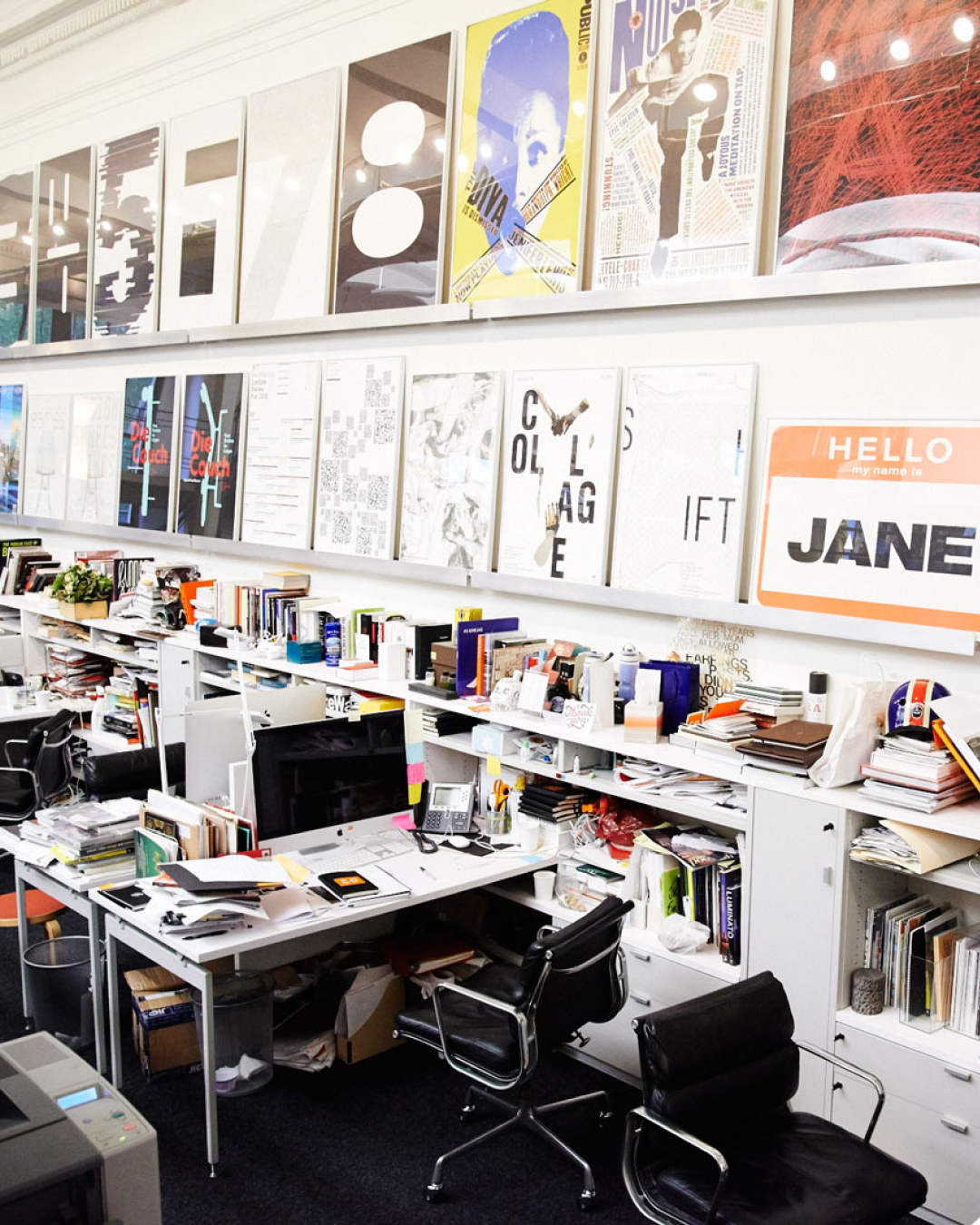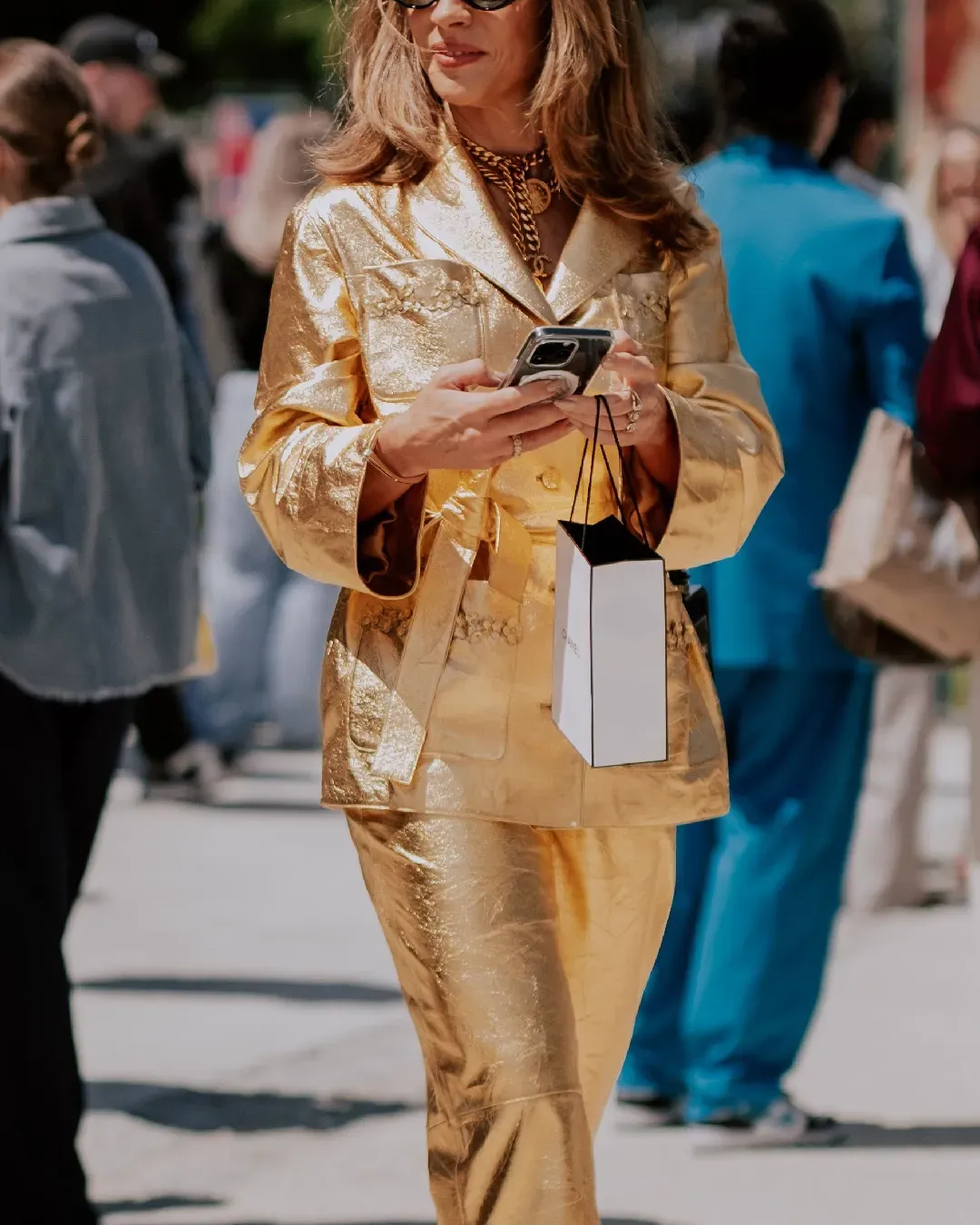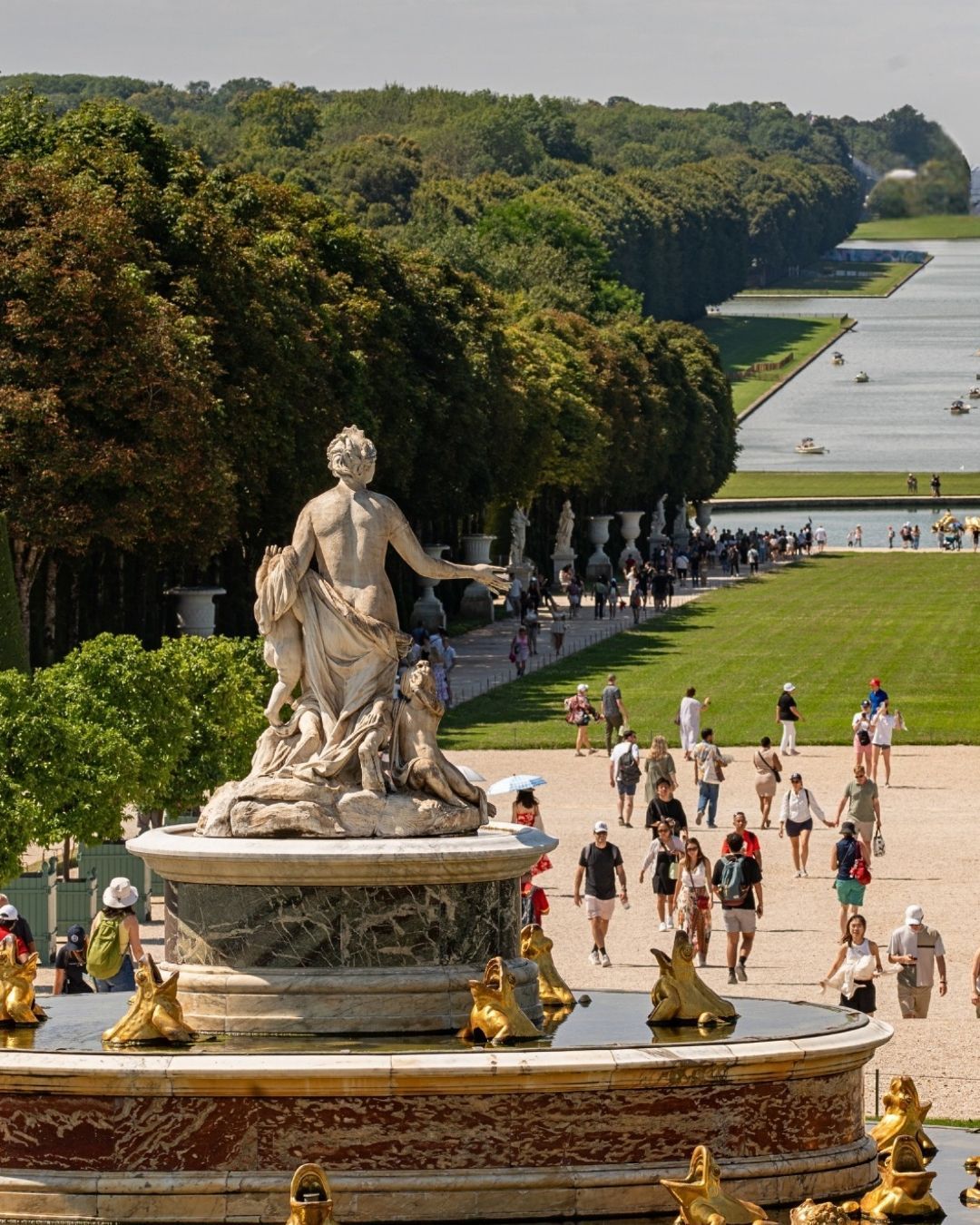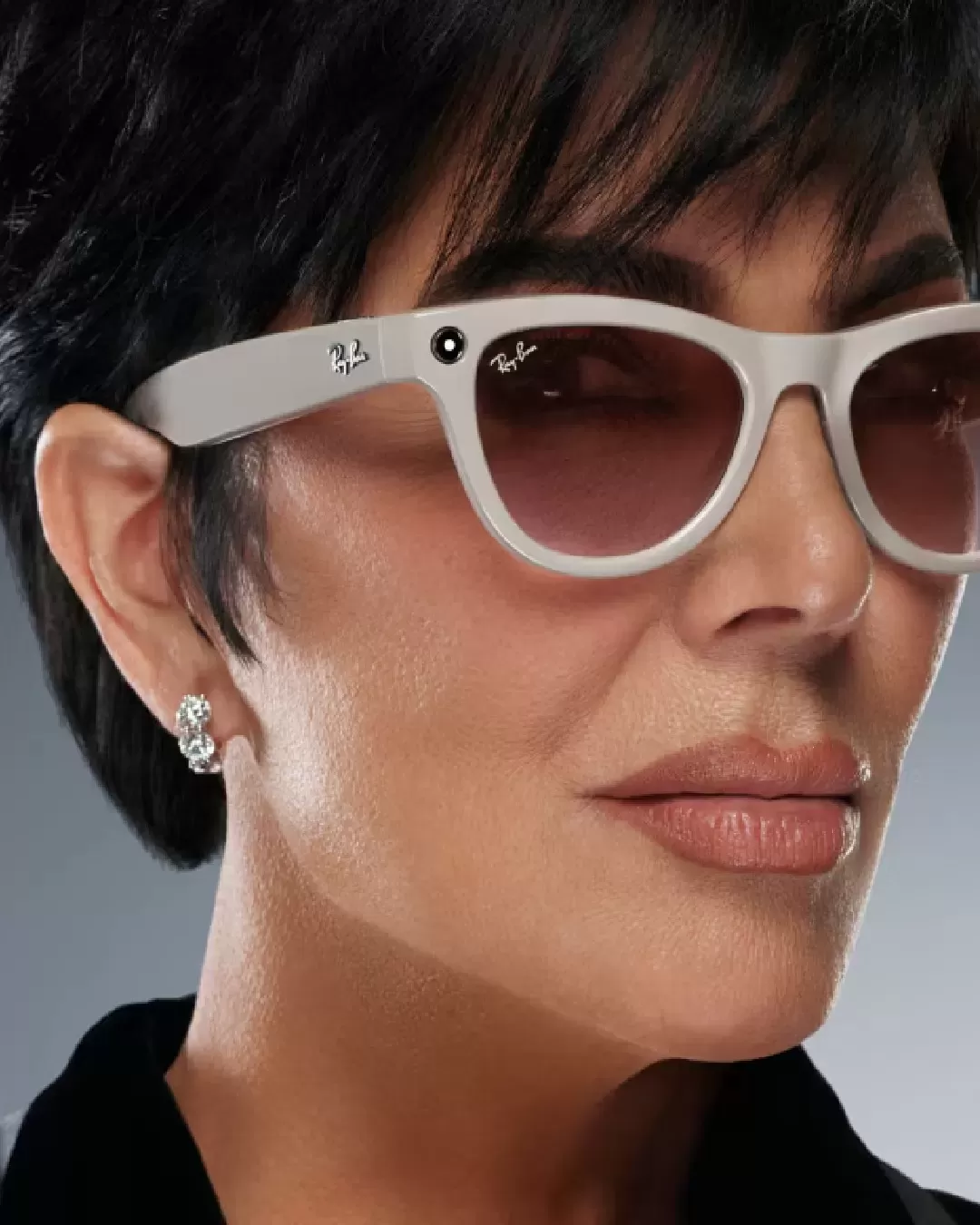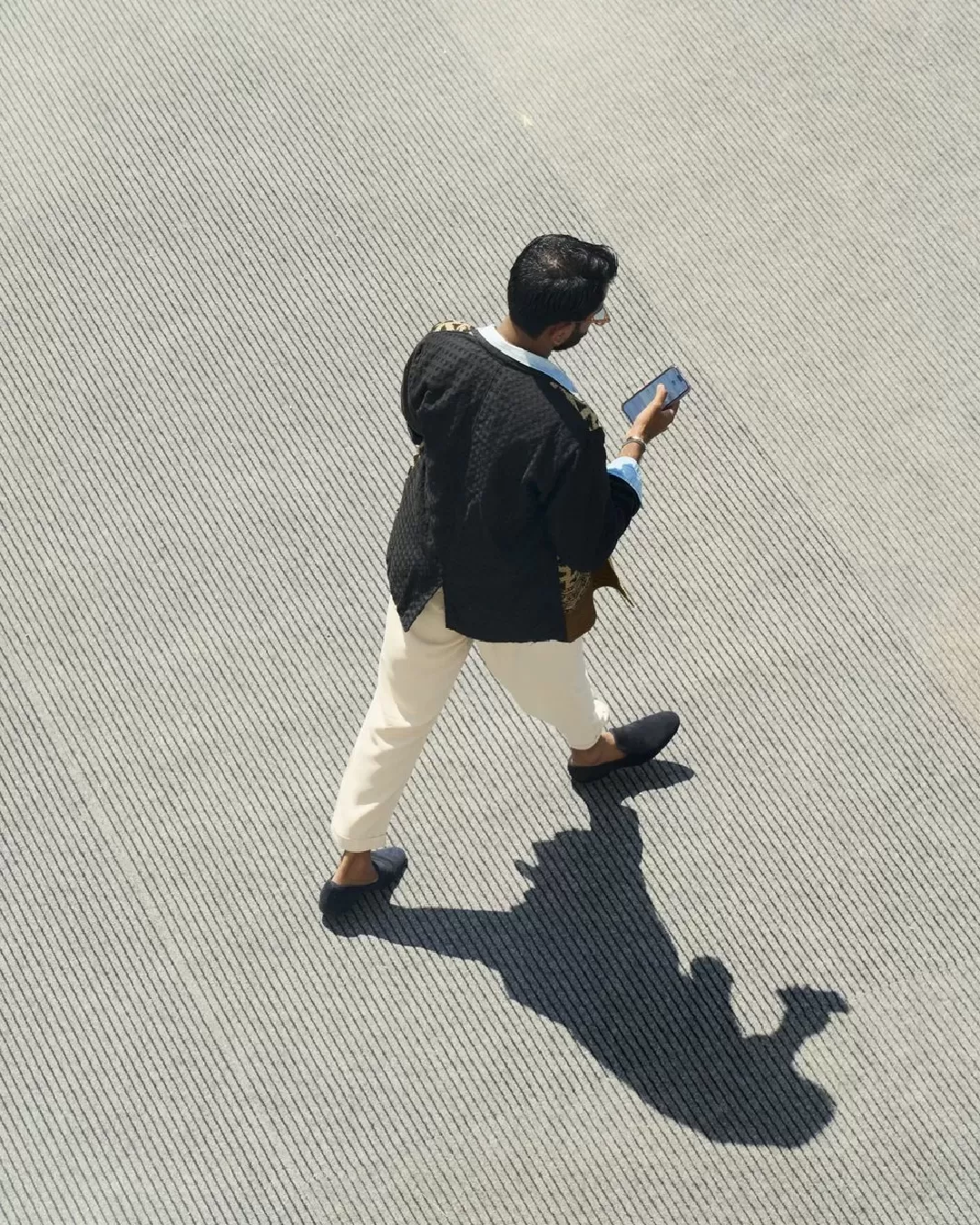
When AI infiltrates the world of fragrance A blend of tradition and innovation
The art of perfume creation has always been shrouded in a sacred, even magical aura. Perhaps this is due to its ancient history, where Egyptians crafted fragrant balms for religious rituals. Today, fragrance design takes on a new face with the integration of artificial intelligence among the top perfume brands. A practice as revolutionary as it is controversial. In the face of increased competition in the olfactory industry, companies are investing in artificial intelligence to predict, understand, and analyze the scents that will be commercially successful. To do this, AI is trained with data such as formulas and ingredients from previous successes and industry trends to propose successful recipes. The idea is not to replace the noses, the master perfumers responsible for fragrance compositions, but to lighten their workload so they can focus more on refining fragrances rather than finding new combinations.
@tinaprokas Would you wear a fragrance that AI made you? It’s located inside @The Fragrance Shop #fragrancetiktok #thingstodoinlondon #aiperfume #thefragranceshop original sound - Tina Prokas
One of the pioneers in this field is Paco Rabanne, which developed the Phantom cologne with the help of an algorithm in 2021. This algorithm was based on 45 million brain scans of young men aged 18 to 35 to provide the key ingredients that would boost their confidence. Additionally, artificial intelligence pushed perfumers to use amounts considered excessive by traditional perfumery rules. "Loc Dong, our perfumer, wanted to use styrallyl acetate, a vintage green and floral molecule that reminds one of gardenia. AI allowed for an increased dosage and combined it with an unprecedented lavender cream accord, creating a futuristic aromatic scent," says Arnaud Montet, Director of Human & Consumer Insights at IFF. In the Netherlands, the startup EveryHuman creates unique scents in just a few minutes using a questionnaire and algorithms. This concept aligns with current trends where consumers are keen on specifically personalized products and services.
However, some express doubts about the legitimacy of technology's role in the world of perfumery. Julia Gemmellaro Lacoste, an esteemed perfumer at Aromwave, stated in an interview with dmb that, no matter how advanced, AI cannot replace human emotion and sensitivity in perfume creation. According to the expert, artificial intelligences are incapable of reproducing the emotions and human stories that scents carry. As Proust's famous "Madeleine" aptly expresses, smell holds a crucial place in human experience. As a bearer of memories, a wellness accessory, and an expression of identity, perfume serves various functions in our daily lives. Another concern among perfumers is the potential for AI to exacerbate issues with counterfeit perfumes, making it easier to produce cheap copies of the most famous fragrances. The use of technology could also lead to a standardization of compositions and a slow death of creativity and innovation.









































